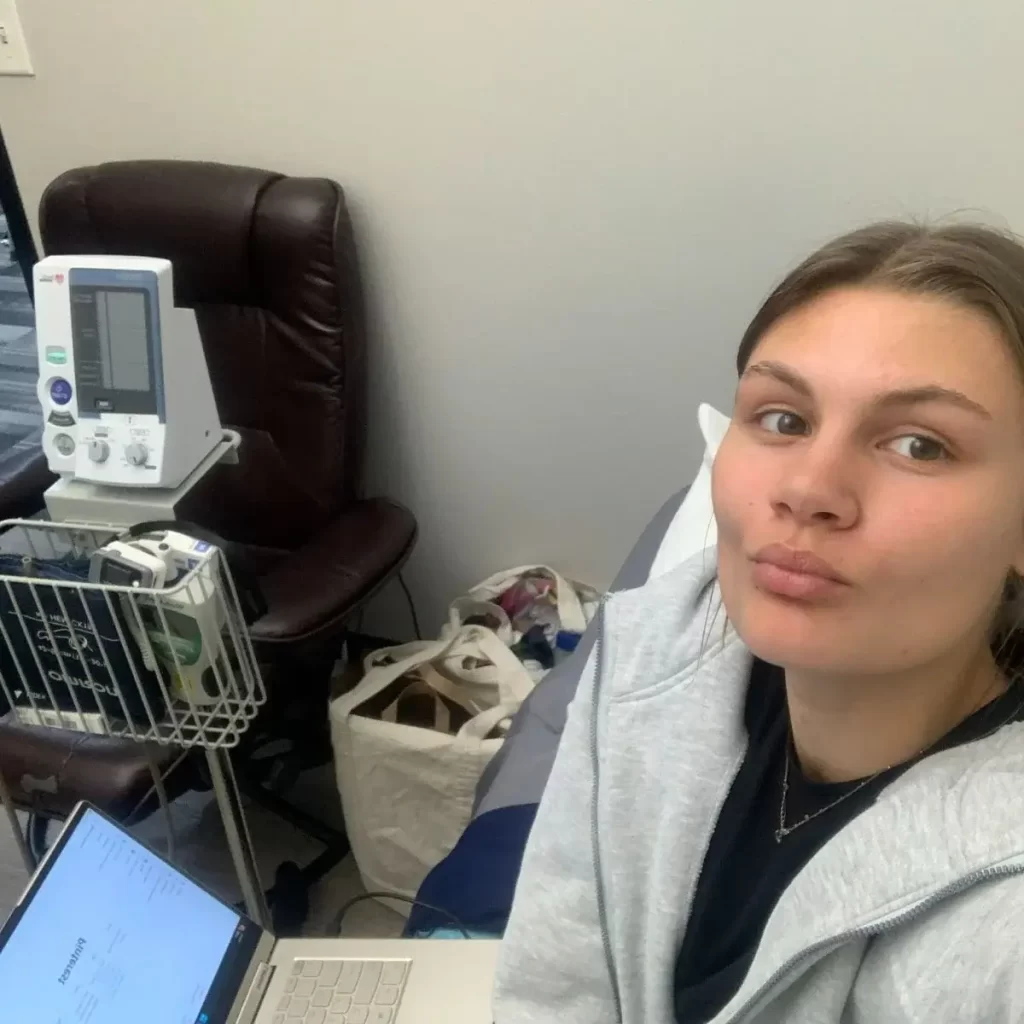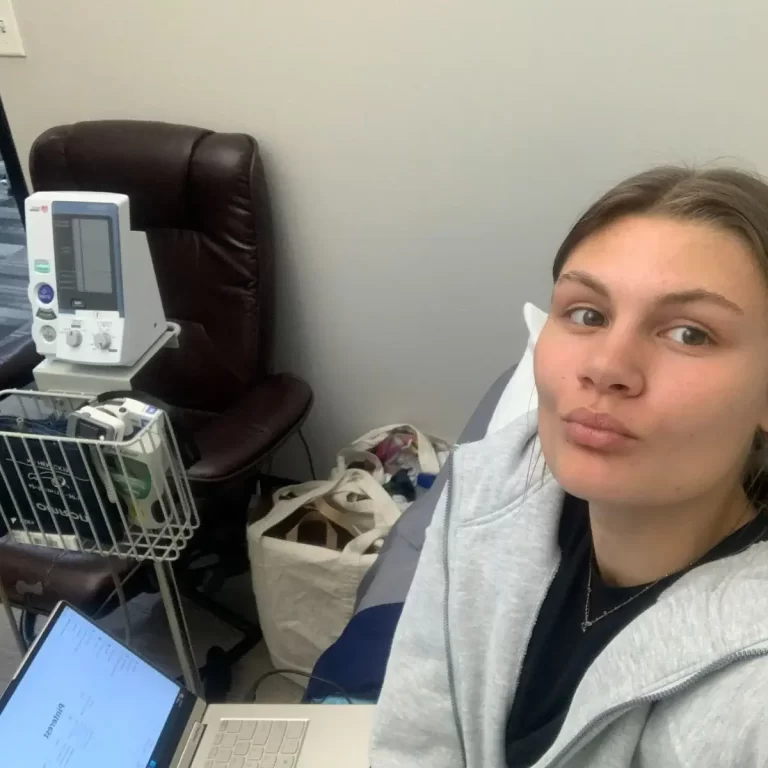If you’re in college or just want to make some extra money, participating in a clinical study is a great option! I personally have done clinical studies and litterally have made thousands of dollars off it. And the best thing about it is you barely have to put any really work in. You just show up, do the tests they need to run, and head home with some extra cash. Its actually great!
What is a Clinical Study?
A clinical study, also known as a clinical trial or clinical research, is a research study conducted with human participants to evaluate the safety, efficacy, and/or effectiveness of medical treatments, interventions, drugs, devices, or procedures. Clinical studies are essential for advancing medical knowledge, improving patient care, and developing new therapies for various diseases and conditions.
Clinical studies typically follow a structured protocol or plan that outlines the objectives of the study, eligibility criteria for participants, study procedures, treatment regimens (if applicable), and methods for data collection and analysis. These protocols are designed to ensure the scientific validity and ethical conduct of the study.
There are several phases of clinical studies, each serving a specific purpose:
- Phase 0: Exploratory studies involving a small number of participants to assess the pharmacokinetics (how the drug moves in the body) and pharmacodynamics (how the drug affects the body) of a potential treatment.
- Phase I: Safety trials conducted with a small group of healthy volunteers or individuals with the target condition to determine the safety, dosage, and potential side effects of the treatment.
- Phase II: Efficacy trials conducted with a larger group of participants with the target condition to evaluate the effectiveness of the treatment and further assess its safety.
- Phase III: Comparative trials involving a larger group of participants to compare the new treatment with standard treatments or a placebo (inactive substance) to gather more evidence on its safety and effectiveness.
- Phase IV: Post-marketing surveillance studies conducted after a treatment has been approved by regulatory agencies to monitor its safety and effectiveness in a larger population over an extended period.
Participation in clinical studies is voluntary, and participants must provide informed consent before enrolling. Clinical studies are typically conducted at research institutions, hospitals, clinics, or specialized research centers by qualified healthcare professionals and researchers.
How to find a clinical study that works for you
Finding a clinical study that works for you is super important! Here are my tips.
Research and Selecting Studies:
The first step in making money from clinical studies is to research and select the right study to participate in. Start by identifying reputable research institutions or clinical trial websites where studies are advertised.
Personally I have worked with www.velocityclinical.com and have had a great experience with them!
You can head to their page or whatever site you’re interested and look at all their studies based off the type of study, location, medical history, and more.
Understand the Risks and Benefits:
Before committing to a clinical study, it’s essential to understand the potential risks and benefits involved. Clinical trials can vary in their level of invasiveness, duration, and potential side effects.
All studies will have a consent form that goes over all this. This document outlines the purpose of the study, procedures involved, potential risks, and compensation details.
You should also consult with your doctor and other healthcare professionals to see if the study is safe for you. As with any study, there are risks for you to consider.
Check Eligibility and Commitment:
Most clinical studies have specific eligibility criteria that participants must meet. These criteria may include age, gender, medical history, and current health status.
Also, consider the time commitment involved in participating in the study. Some trials may require frequent visits to the research site or adherence to a strict protocol. If you ask the study director, they can give you all this information as well.
Compensation:
Compensation for participating in clinical trials can vary widely depending on the nature of the study, its duration, and the level of inconvenience involved. Some studies offer a one-time payment, while others provide compensation for each visit or procedure completed.
Follow Protocol and Stay Committed:
Once enrolled in a clinical study, it’s crucial to follow the study protocol diligently. This includes attending all scheduled visits, adhering to any medication or lifestyle changes prescribed, and accurately reporting any symptoms or side effects experienced during the study.
If you don’t comply, you may be dropped from the study. You should also inform the study if anything changes in your health or ability to be in the study.
Consider Long-Term Opportunities:
Participating in clinical studies can also open doors to long-term opportunities for earning money and contributing to medical research. Some research institutions offer the option to participate in follow-up studies or extension phases of the original trial. Additionally, building a positive relationship with researchers and study coordinators can lead to future opportunities for participation in other trials or research projects.
Thanks for reading my post on how to make money in a clinical study. See you next time, Rachel 🙂









